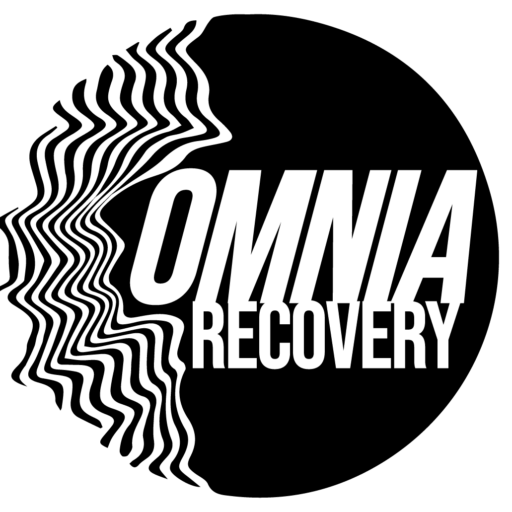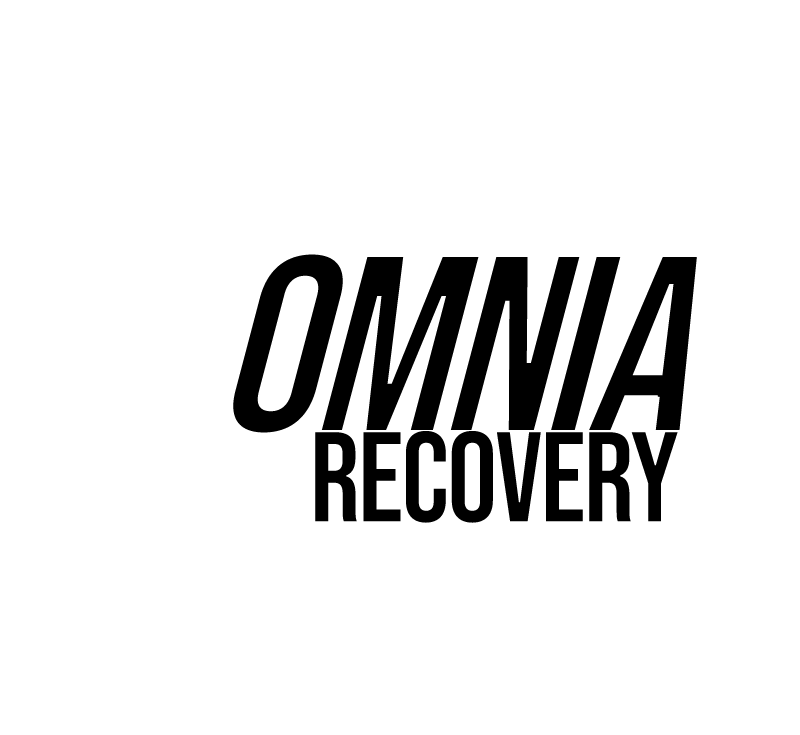Cocaine, a powerful stimulant drug, can quickly lead to dependence and addiction due to its intense euphoric effects. However, when someone decides to break free from cocaine addiction and embark on the journey of recovery, they may experience a range of withdrawal symptoms. Understanding these symptoms is crucial for individuals seeking support through this challenging process. At Omnia Recovery, we prioritize compassionate care and evidence-based treatment to help individuals navigate cocaine withdrawal and achieve lasting sobriety.
Contact our behavioral health treatment center in Thousand Oaks today to learn about how we can help you manage withdrawal and overcome addiction.
The Reality of Cocaine Withdrawal
Withdrawal from cocaine can be a daunting prospect, often marked by a combination of physical discomfort and psychological distress. While the severity and duration of withdrawal symptoms can vary depending on factors such as the individual’s level of dependence, the presence of co-occurring mental health conditions, and the duration of cocaine use, it’s essential to recognize and address these symptoms in a supportive and understanding environment.
Common Symptoms of Cocaine Withdrawal
Embarking on the path to recovery from cocaine addiction is a courageous and transformative journey. Yet, this journey often begins with a challenging phase known as withdrawal. As individuals take the courageous step towards sobriety, they may encounter a range of physical and psychological symptoms as their bodies and minds adjust to the absence of cocaine.
Let us explore the common symptoms of cocaine withdrawal with empathy, compassion, and a commitment to fostering healing and hope in every individual’s journey toward recovery.
- Cravings: One of the hallmark symptoms of cocaine withdrawal is intense cravings for the drug. These cravings can be overwhelming and persistent, making it challenging to resist the urge to use cocaine again.
- Fatigue: Many individuals experience extreme fatigue and lethargy during cocaine withdrawal. This fatigue may result from the depletion of dopamine and other neurotransmitters in the brain, which are disrupted by chronic cocaine use.
- Depression: Cocaine withdrawal is often accompanied by symptoms of depression, including feelings of sadness, hopelessness, and worthlessness. These mood changes can be profound and may increase the risk of relapse if left untreated.
- Anxiety: Anxiety is another common symptom of cocaine withdrawal, characterized by feelings of restlessness, irritability, and heightened stress. These symptoms may be exacerbated by the brain’s struggle to regulate neurotransmitter levels without cocaine.
- Increased Appetite: Many individuals experience an increase in appetite during cocaine withdrawal, as the drug’s appetite-suppressing effects wear off. This can lead to overeating and weight gain as the body adjusts to functioning without cocaine.
- Sleep Disturbances: Cocaine withdrawal often disrupts sleep patterns, leading to insomnia or hypersomnia (excessive daytime sleepiness). These sleep disturbances can further exacerbate feelings of fatigue and contribute to overall discomfort during withdrawal.
- Vivid Dreams or Nightmares: Some individuals may experience vivid dreams or nightmares during cocaine withdrawal. These dreams may be distressing or unsettling, adding to the emotional turmoil of the withdrawal process.
- Physical Symptoms: In addition to psychological symptoms, cocaine withdrawal can also manifest in physical discomfort, including muscle aches, tremors, chills, and headaches. These symptoms are often the body’s reaction to the absence of cocaine and the adjustment to functioning without the drug.
Cocaine Withdrawal and Management at Omnia Recovery
Navigating cocaine withdrawal alone can be overwhelming and challenging, which is why seeking professional support is crucial for individuals looking to break free from addiction. At Omnia Recovery, we offer addiction treatment in Ventura tailored to the unique needs of each individual, providing comprehensive care and support throughout the withdrawal process and beyond.
From medically supervised withdrawal management to individual therapy, group counseling, and holistic interventions, our multidisciplinary team is dedicated to empowering individuals to overcome cocaine addiction and rebuild their lives free from substance abuse. We understand the complexities of addiction and are committed to providing compassionate, personalized care every step of the way.
If you or someone you love is struggling with cocaine addiction and facing the challenges of withdrawal, know that you are not alone. Reach out to Omnia Recovery today to learn more about our innovative treatment options and take the first step towards a brighter, healthier future.




